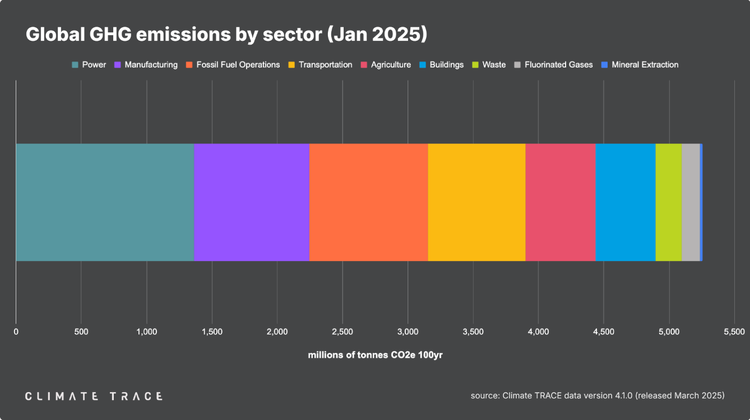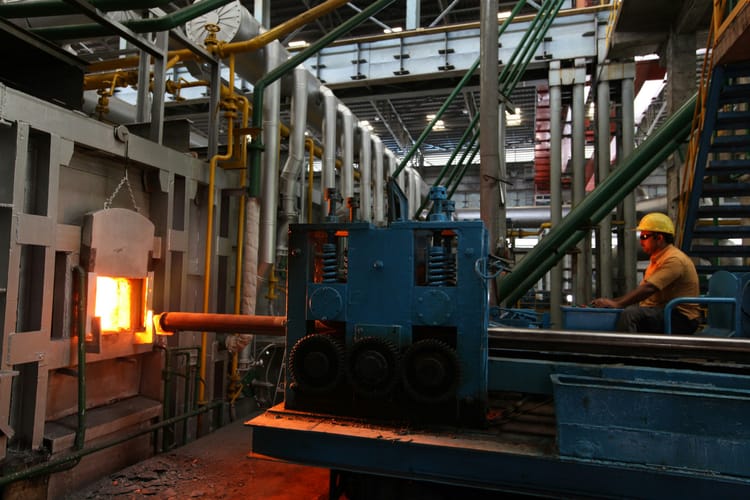Centrus Chief Sustainability Officer on sustainable finance’s ‘minefield of variety’

While “sustainable finance” (already a broad term) is facing the same market pressures as the rest of the finance sector, it is made even more challenging by the lack of consensus around sustainability KPIs and use of proceeds.
This is the experience shared by George Roffey, Chief Sustainability Officer of specialist financial consultancy Centrus, which advises impact-driven clients in the housing, infrastructure, transport and energy transition sectors.
(Just last year, the company supported Welsh housing association Valleys to Coast in getting its first sustainability-linked revolving credit facility.)
“It's a challenging environment for any lending, with high interest rates, geopolitical volatility, inflation pressures, and loans or facilities on the sustainable finance side are under the same pressures as others in that sort of corporate space,” he tells CSO Futures.
“However, with sustainability-dependent facilities, you're then adding other challenges on top of that in establishing agreements on what qualifies as key performance indicators or providing evidence of how you've used the proceeds.
“So there’s a lot of dovetailing and interaction on that, because it's a very important area, but with such a minefield of variety in it, that negotiation and understanding needs to be very carefully collaborated and joined together,” he adds.
Read also: Sustainability-linked loans are not (yet) where they need to be
According to Roffey, lenders are increasingly fearful of greenwashing, so sustainable finance is gradually moving beyond “ticking boxes” to looking for more measurable evidence of its impact.
B Corp for buy-in
This transition is something Centrus itself recently went through in order to obtain its B Corp certification. The company scored more than 115 points, far above the minimum 80 points required for the certification, but for Roffey, this is very much a starting point.
He explains that the due diligence and independent assessment that comes with the B Corp certification is both “really reassuring and challenging”.
“You can't just tick boxes, you need to be able to provide the evidence on what you're being challenged and questioned against. And in some of those, you are really reassured that you’re doing really well in that space. Others you go, right, we've got to do some work to improve there,” he says.
Initially hailed for its rigorous assessment of environmental, social and governance practices within companies, B Corp (for Benefit Corporation) has recently come under fire after awarding its certification to large companies that have been accused of environmental and/or social abuses in the past. Nestlé’s Nespresso, for example, whose products are fundamentally built around disposability, earned its B Corp certification in 2022.
But despite this controversy, Roffey believes that the process itself was extremely beneficial, in that it increased engagement and buy-in from all teams – a recurring theme for Chief Sustainability Officers.
People as natural sustainability advocates
Moreover, achieving the B-Corp status can have significant advantages in terms of recruitment and talent retention: “It's just an additional validation that you're using your business as a force for good. And particularly for the younger generations coming through, which is fantastic, that credibility that your role is having an impact that you can see is really, really precious and getting stronger,” he adds.
Roffey was actually Chief Sustainability and People Officer until about six months ago, when Centrus appointed Linda Leonard as Chief People and Performance Officer. While he admits this kind of reshuffling is part of being a small (but growing) business, it also made sense for a financial advisory firm to give sustainability and human capital responsibilities to the same person.
As he points out, people are the most valuable asset at any service-based company. “You want them to be in a situation where they are very proud of where they work, particularly in the areas that they are advising their clients on. And therefore to have an internal footprint that is exemplary is really precious because then they are very naturally advocates externally to their client base.”
Centrus internal climate impact
In its latest impact report, Centrus says it has set six targets across its teams: achieve carbon neutrality (the company says it uses “100% renewable” electricity, but provides no further detail around sources); improve its B impact assessment score; produce “quarterly audit grade ESG reporting”; demonstrate contribution to the UN Sustainable Development Goals (SDGs); work towards “environmentally preferable purchasing”; and increase the environmental impact of its services.
As a small business employing 74 people across the UK, Ireland and Greece, the firm doesn’t disclose its carbon footprint, but a closer look at its B Corp assessment shows that it performed less well on environmental metrics than in governance or worker well-being. The overall score gives a maximum of 20 environmental points to service-based companies with a minor environmental footprint, and Centrus scored just over 9.
This was widely compensated by its impact-driven business model, with bonus points awarded to the firm for its mission and support of underserved companies and populations, including housing associations and universities.
“We work in sectors that we really believe have a tangible impact on the environment, on society and communities, on real people in the real economy – that’s our whole reason for being,” says Roffey.







Member discussion